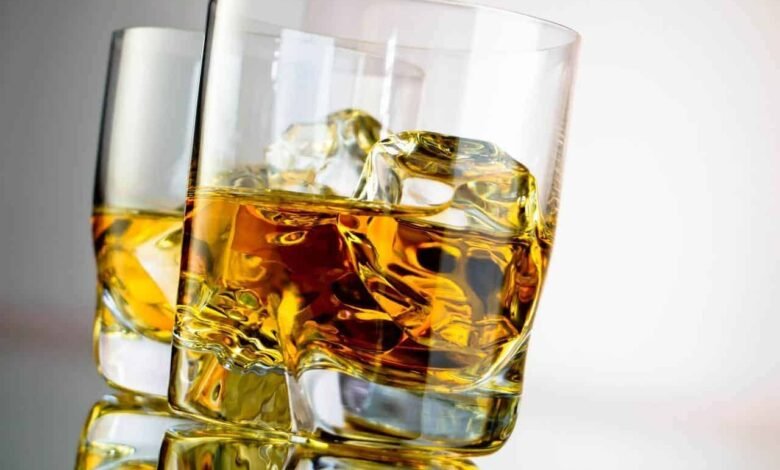Drinking before bed ruins sleep

Many of us like to drink a littlealcohol before bed to relax or help them sleep.
But doctors are now warning that drinking before bed may not be such a good idea.
According to them, alcohol disrupts sleep and leads to worse relaxation at night.
This is because drinking alcohol interferes with homeostasis – the body’s internal timer that regulates sleep and wakefulness.
Over time, regular alcohol use can even lead to symptoms of insomnia. Scientists have concluded that alcohol should not be used as a sleep aid.
A team of doctors from the Faculty of Medicine at the University of Missouri, USA, has been studying the effects of alcohol on sleep for more than five years.
Dr Mahesh Thakar, who led the study, said: “Alcohol affects sleep by altering the human circadian rhythm – the body’s built-in 24-hour clock that regulates your sleepiness and wakefulness.”
When not getting enough sleep, the body produces adenosine, a natural substance that increases the need for rest and makes people fall asleep.
When a person goes to bed early, the rhythm shifts and they may wake up in the middle of the night or early in the morning.
Researchers found that alcohol alters the homeostatic mechanism of sleep and forces the individual to sleep.
When this happens, the sleep period is shifted and a person may sleep lightly and wake up earlier. As you know, alcohol is a diuretic, which means it causes the body to flush out fluids. People have to go to the toilet, so they wake up earlier in the morning.
In addition to studying the effect of alcohol on homeostasis, scientists have found that after long periods of frequent drinking, people fall asleep normally, but after a few hours they wake up and can’t go back to sleep. This is due to abstinence from alcohol.
These people, if they did not drink alcohol before going to bed, showsymptoms of insomnia. “During acute alcohol withdrawal, there is a significant increase in cases of premature awakening,” says Dr. Thakar, adding, “If you have trouble sleeping, don’t use alcohol. Talk to your doctor to determine together what factors you prevent you from falling asleep. These can be overcome with individual treatments.”
Scientists hope to use this data to study other effects of alcohol consumption.
Holistic physician Dr. Sohere Rocked, who specializes in fatigue issues, recommends a few tips for a better night’s sleep:
Nuts such as Brazil nuts are recommended as they contain protein, potassium and selenium and help the body produce melatonin, a natural sleep hormone.
Eat a salad for dinner. Lettuce contains lactucarium, which has sedative properties and relaxes the brain.
Your body needs vitamin B6 to produce melatonin and serotonin. Foods rich in B6 are fish such as tuna, halibut and salmon, as well as fresh garlic and pistachios.
Some foods with a high glycemic index, such as bread and pasta, can induce sleep. This is because after consuming them, there is a natural spike in blood sugar and insulin levels, and then you feel tired.
Chamomile tea contains glycine, which relaxes nerves and muscles and can act as a mild sedative, reducing the anxiety.
Don’t drink caffeinated beverages after 2 p.m. if you have trouble sleeping. Turn off the TV, computer and smartphone an hour before going to bed – the light from electrical appliances stimulates the brain. Take at least 30 minutes of rest before bed – listen to relaxing music and use the time to take stock of your day.
Take a hot bath. Sleep is usually preceded by a drop in body temperature.
Warm, skimmed milk helps sleep, like bananas. Both contain natural chemicals that help the body relax and sleep. Both milk and bananas contain tryptophan and calcium.



